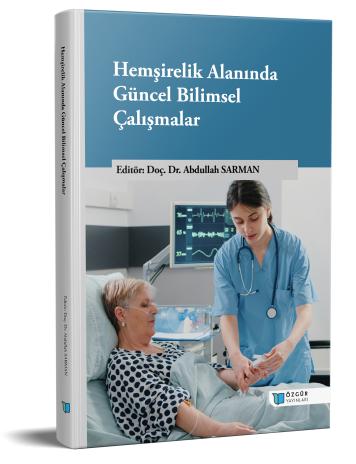
Lifestyle Changes and Nursing Approaches for Patients Diagnosed with Gastroesophageal Reflux Disease
Chapter from the book:
Sarman,
A.
(ed.)
2025.
Current Scientific Studies in Nursing.
Synopsis
Gastroesophageal reflux disease (GERD) is among the most prevalent disorders of the upper gastrointestinal tract, with a rising global incidence. Management of GERD encompasses both pharmacological and non-pharmacological approaches. Among these, lifestyle modification is widely regarded as the cornerstone of long-term disease control. Evidence-based non-pharmacological interventions such as adherence to a balanced diet, diaphragmatic breathing exercises, smoking cessation, maintaining appropriate sleep posture, and ensuring healthy, well-structured living environmentshave been shown to reduce symptom severity and frequency. The implementation and monitoring of these interventions should be undertaken by primary care providers, who are essential in delivering continuous care, maintaining regular patient follow-up, and making necessary adjustments to treatment plans to enhance therapeutic outcomes.

